New to ethical fashion? Start your journey here.
Ethical fashion is an umbrella term describing fashion designed and produced in ways that respect workers and protect the environment.
As a global citizen, you have power to influence change for the 60 million garment workers around the world who may be working in unjust, exploitative conditions. All you need is a voice and a willingness to act on your convictions to see a better world for all.
But for many workers in the global fashion industry, this is far from their daily experience. Modern slavery, forced and child labour, water pollution, and climate change are all major issues the fashion industry has contributed to.
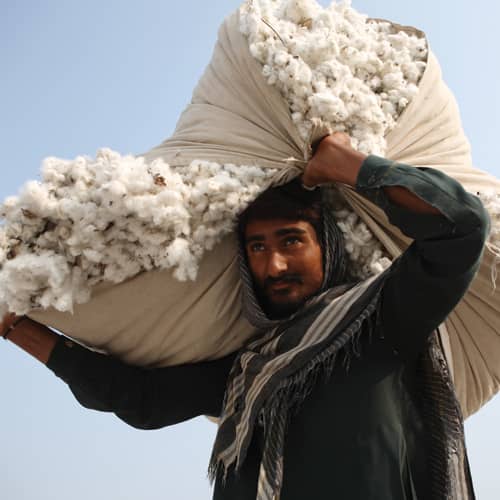
60+ million people employed in various stages of clothing production.
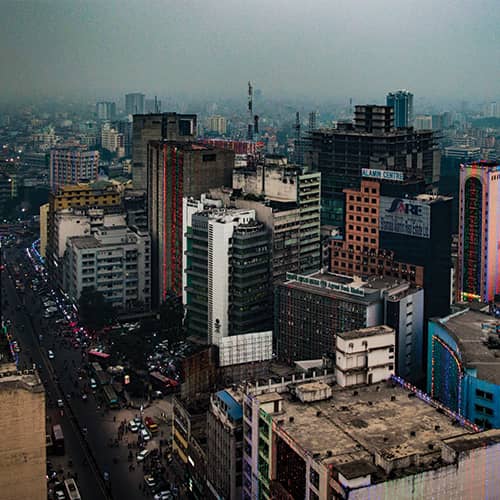
Up to 10 per cent of global greenhouse gas emissions come from fashion production.
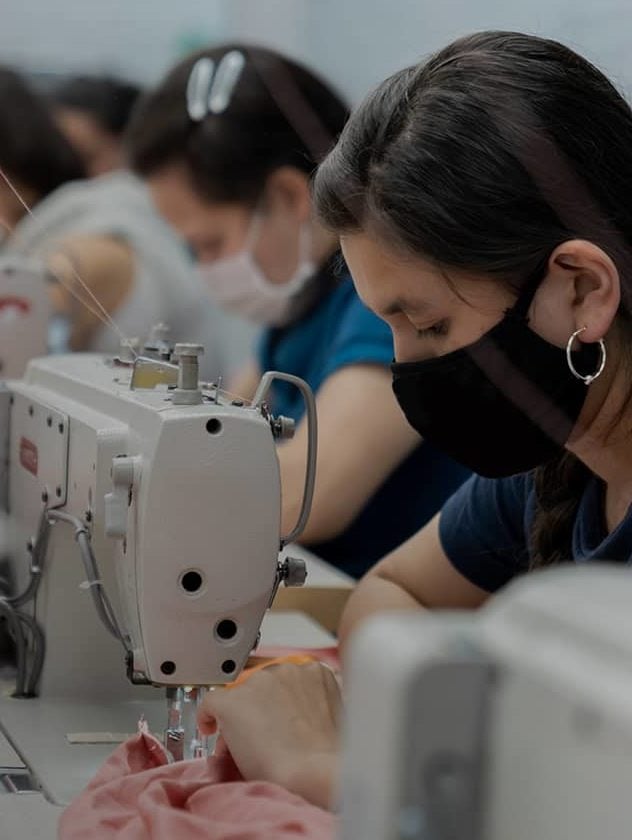
The COVID pandemic has pushed more vulnerable workers into modern slavery.
Most exploitation occurs in hidden parts of supply chains where companies have limited or no visibility—the deeper tiers like cotton farms, fabric mills, and subcontractors. Supply chain tracing remains one of fashion’s biggest challenges. But knowing where materials come from is foundational to ensuring workers—and the environment—are treated with respect.
The United Nations defines poverty as more than a lack of income and access to necessary resources. Poverty affects all parts of a person’s life including their health, education, work, and opportunities in life.
Several factors, including unemployment, social exclusion and vulnerability to disasters and diseases, create conditions for poverty. Ten per cent of the world’s population live in extreme poverty, earning less than $1.90 a day. This group often includes garment workers, like those in Bangladesh where the minimum daily wage is just over 70 cents AUD.
While the first United Nations sustainable development goal is to end poverty in all forms by 2030, little progress has been made to improve supply chain practices and protect workers. And for the first time in over 20 years, there has been an increase in extreme poverty, primarily due to the COVID-19 pandemic.
The fashion industry benefits from low wages in garment producing countries where poverty levels are high. The less they pay workers, the higher their profits. With only 13 per cent of companies committed to working towards living wages, there is far more companies must do to help end extreme poverty.
At Baptist World Aid, we continue to dream of a world where poverty has ended and all people—including garment workers— experience fullness of life as God intends.
Whilst primary responsibility for ethical production sits with companies, citizens can play a role in helping shift industry practice—and broader systems impacting workers and the environment—by engaging in the ethical fashion movement. Your actions can make a difference!
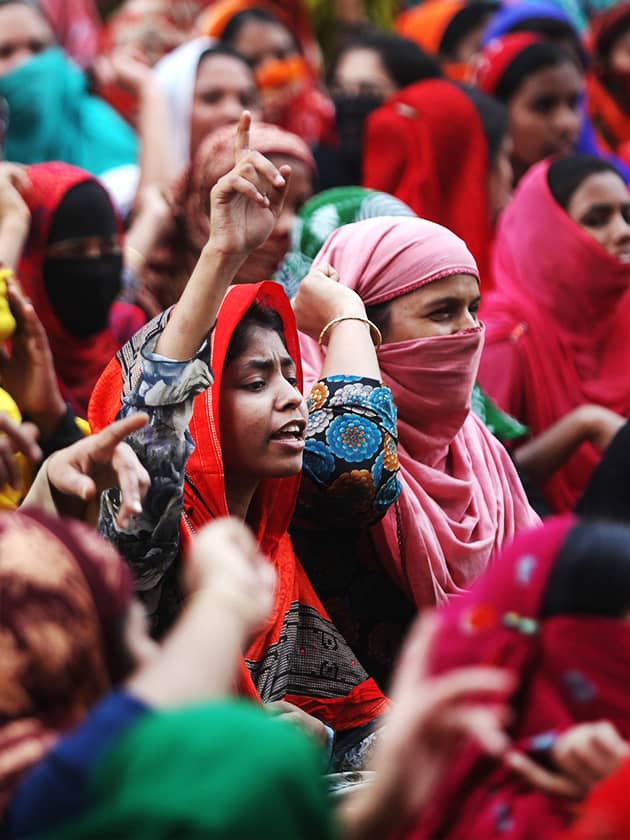
Use our simple online tool to send a pre-written email to brands, thanking them for their action or asking them to do better.

Have a conversation with family and friends about why ethical fashion is important. Take things even further by hosting a clothes swap.
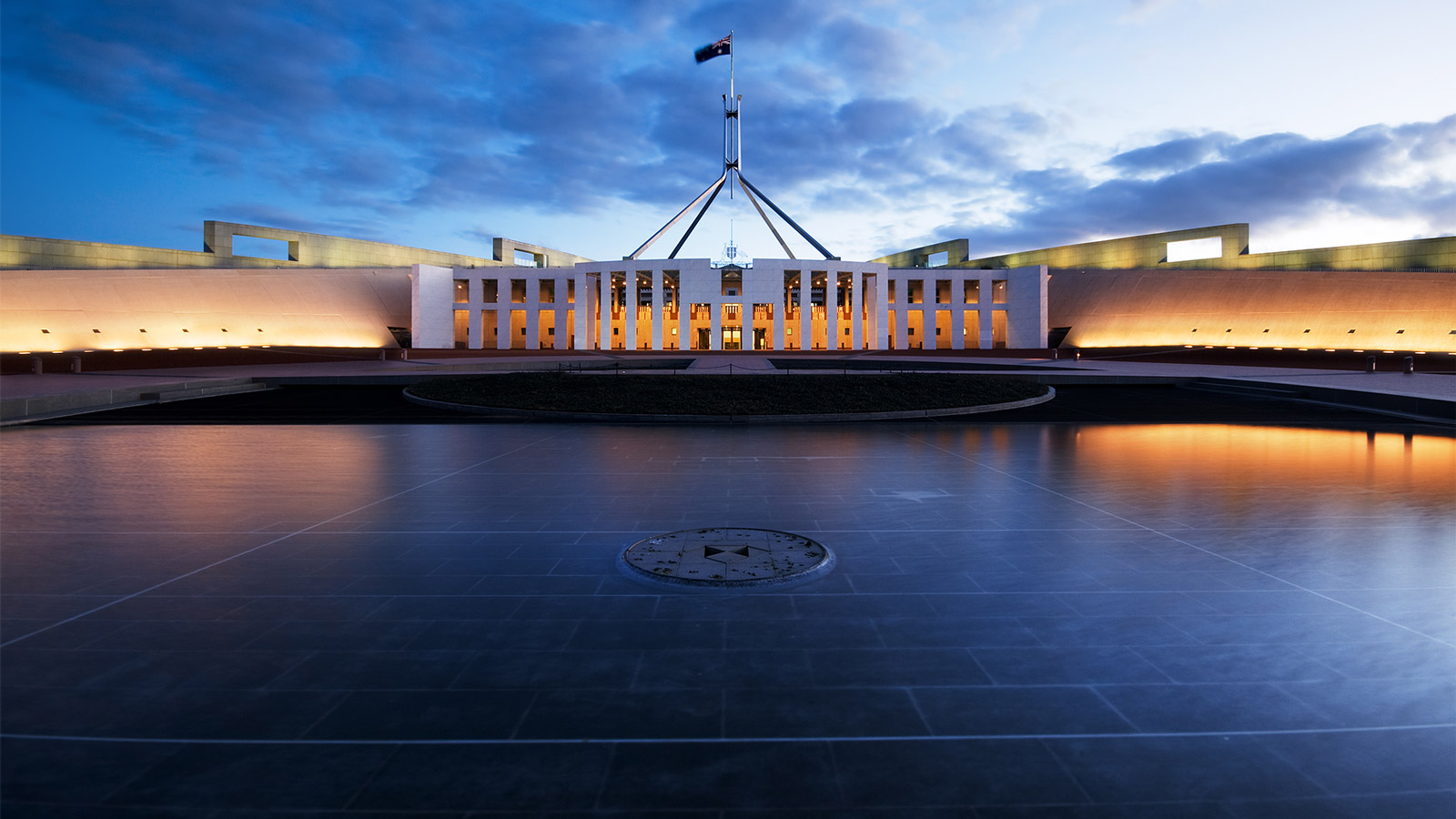
Let your MP know you want to see Australia be a global leader on modern slavery, human rights, and environmental protection laws.
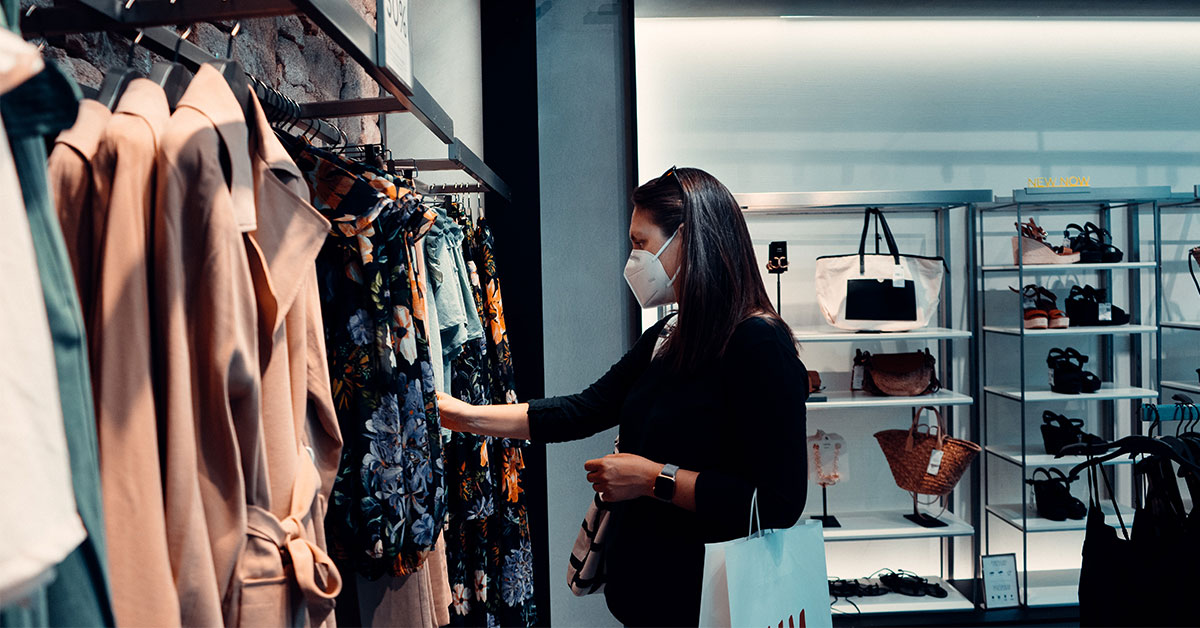
Before tapping your credit card, use our Brand Finder to see scores for almost 600 brands assessed on their efforts to mitigate worker exploitation and environmental degradation.
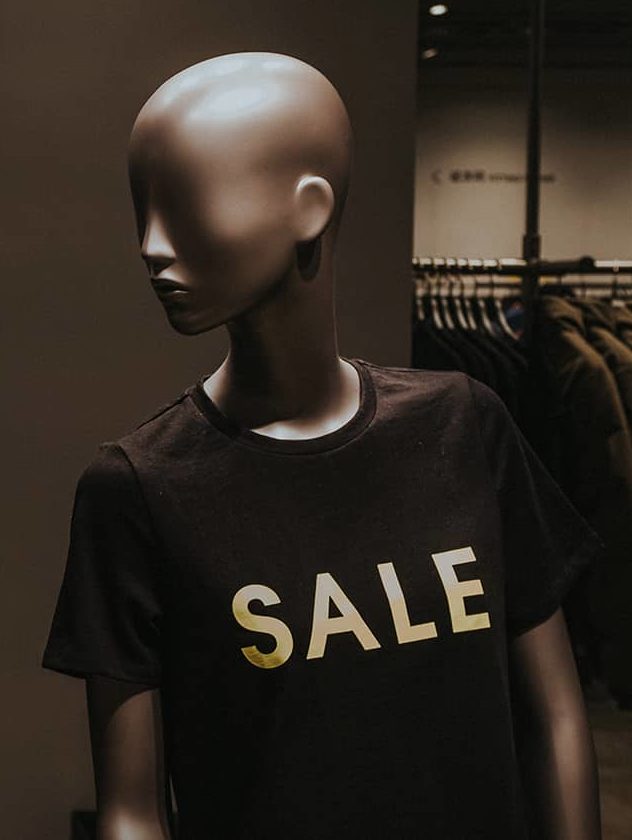
Think more deeply about why you’re buying. The truth is, the most sustainable is the one you already have. Reduce, reuse, repair, and recirculate.
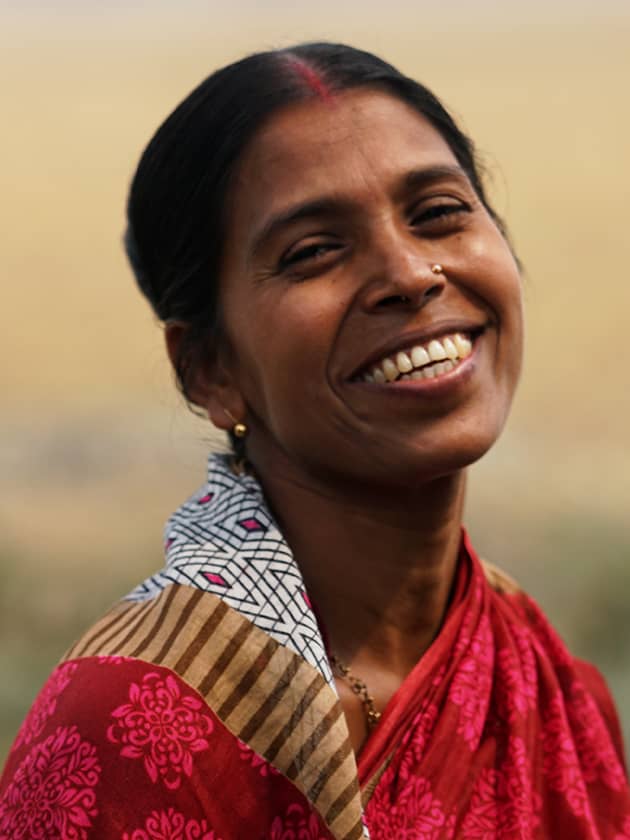
Looking for more ethical fashion and advocacy related resources? Look no further.